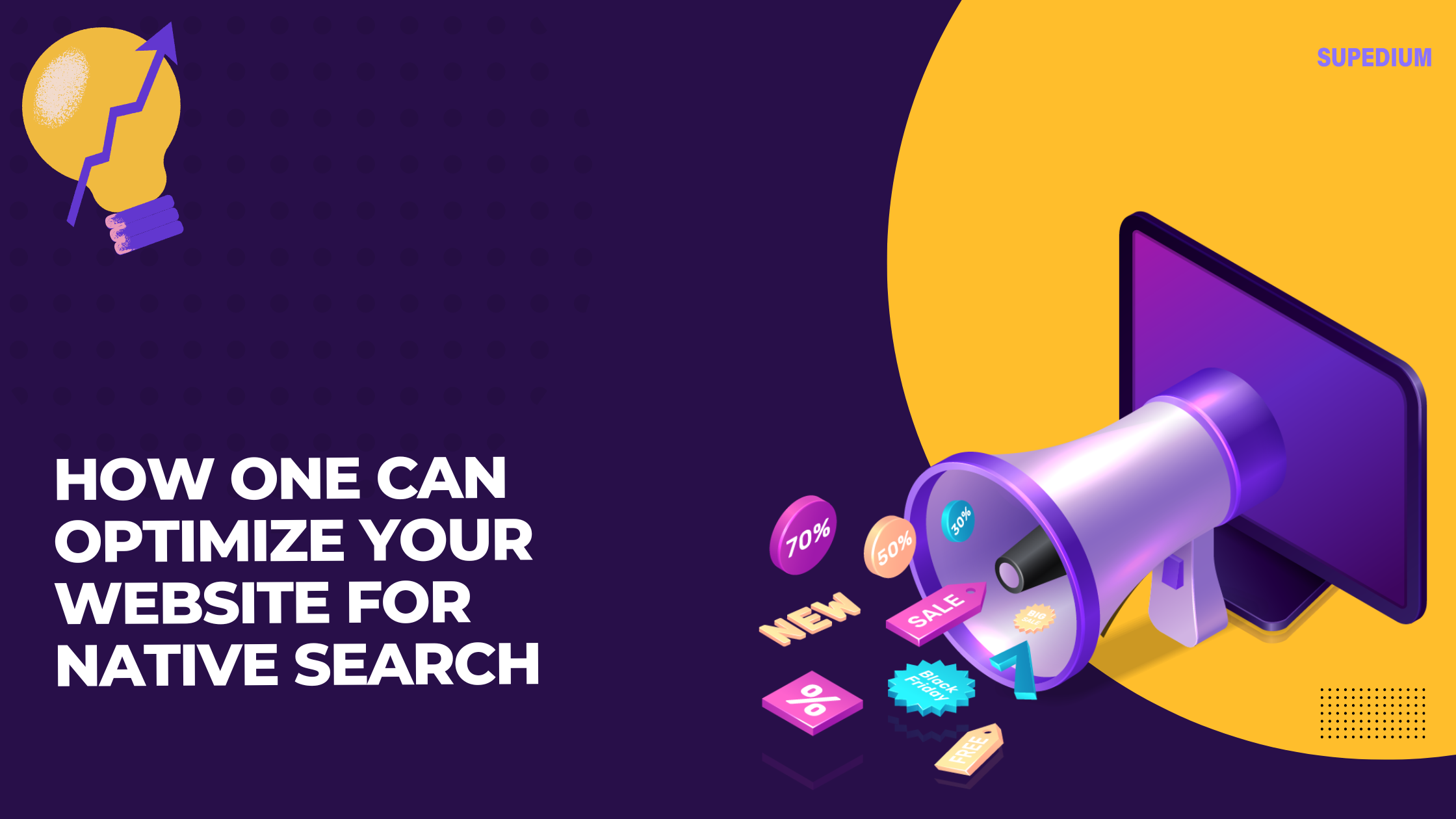Table of Contents
![]()
Your eyes are organs that require nutrients and many vitamins to work properly.
Ailments, such as age-related mascular degeneration, diabetic retinopathy, glaucoma, and cataracts, can affect your eyes.
Though These conditions are caused by many different variables that are different, nutrition appears to have an impact on all of them — at least.
Here are 9 vitamins and nutrients which help maintain eye health.
(1) Vitamin A
By keeping a clear cornea, that is the covering of your eye, vitamin A plays a role in vision.
This vitamin is also a part of rhodopsin.
Vitamin A deficiency is uncommon in developed countries, but if unaddressed can result in a severe condition called xerophthalmia.
Xerophthalmia Is. If vitamin A deficiency persists, eyes and your tear ducts can dry out. Your cornea softens, leading to irreversible blindness.
Vitamin A may help protect against eye afflictions. Some studies indicate that diets high in vitamin A may be associated with a reduced risk of esophageal and esophageal macular degeneration (AMD).
For general eye health, vitamin-A-rich foods are suggested over supplements. Sweet potatoes are an excellent source, as are leafy green veggies, pumpkins, and bell peppers.
Overview: Severe vitamin A deficiency may cause xerophthalmia, a serious illness that may lead to blindness. In some studies, high levels of vitamin A intake were associated with a reduced risk of macular degeneration and cataracts.
(2) Vitamin E
Many Eye conditions are considered to be associated.
Vitamin E is a powerful antioxidant that helps protect your cells including your eye cells from damage by free radicals, which can be dangerous, unstable molecules.
One research in 3,640 people with AMD Showed that taking 400 IU of vitamin E and other nutrients in a supplement that was daily called AREDS reduced the probability of progressing by 25% to advanced stages.
Additionally, some studies suggest that diets high in vitamin E May help stop cataracts. As some studies show no association between this condition and vitamin E, more study is required.
Nonetheless, A diet that includes vitamin E is suggested to maintain eye health. Some options that are vitamin-E-rich include cooking oils and seeds, nuts. Salmon, avocado and leafy green vegetables are also good sources.
Overview: Vitamin E, an antioxidant, may help protect your eyes from harmful free radicals. It is used in a supplement called AREDS and quantities in your diet may be associated with a reduced risk of cataracts.
(3) Vitamin C
Vitamin C is a strong antioxidant that may protect your eyes from harmful free radicals.
Vitamin Other nutrients and C are utilized. 1 study indicates that AREDS may lower the risk of this disease when taken daily.
A protein that gives structure to your eye, addition, vitamin C must make collagen in the sclera and the cornea.
Several studies indicate that vitamin C might help decrease your risk of developing cataracts, a condition that causes your eye to become impairs and muddy vision.
When the vitamin C intake was compared to 125 mg or less an example demonstrated a reduced risk of developing cataracts.
Another study found that routine vitamin C supplements may lower the risk of cataracts by 45%.
Citrus and tropical fruits, bell peppers, broccoli, and kale contain especially high levels of vitamin C, which makes them great alternatives to enhance your daily intake.
Overview: Vitamin C forms collagen, a protein that gives structure to your eyes. Studies suggest that this vitamin may protect against cataracts and help stop the development of AMD.
(4) Vitamins B6, B9, and B12
Researchers also have studied several B vitamins because of their effects especially B9 vitamins B6 and B12.
This Combination of vitamins can lower levels of homocysteine and an increased risk of developing AMD.
Clinical research in women demonstrated a 34% decreased the risk of developing AMD while taking 1,000 mcg of vitamin B12 together with vitamins B6 and B9.
However, More research is required to verify the benefits of the supplements. Additionally, it is unclear if increasing your consumption of vitamin-B-rich foods could have similar consequences.
Overview: The blend of vitamins B6, B9 and B12 can help lower your risk of developing AMD by lowering your homocysteine levels.
(5) Riboflavin
Another B vitamin studied in connection with eye health is riboflavin (vitamin B2). As an antioxidant, riboflavin has the potential to reduce stress on your body.
In Particular, scientists are analyzing riboflavin’s capacity as riboflavin deficiency may cause the condition to prevent cataracts. Many people with cataracts are deficient in this antioxidant.
One study found a 31–51% decreased the risk of cataracts development when participants’ diets contained 1.6–2.2 mg of riboflavin daily, compared to .08 milligrams every day.
Health Authorities advocate consuming 1.1–1.3 mg of riboflavin daily. As many foods are high in riboflavin it is usually easy to accomplish this amount. Some examples include oats, milk, yogurt, beef, and fortified cereals.
Overview: As an antioxidant, riboflavin can protect against harmful free radicals in your eyes. Diets are associated with a reduced risk of cataracts.
(6) Niacin
The major role of niacin (vitamin B3) in your body is to help convert food into energy. It can function as an antioxidant.
Recently, studies have indicated that niacin can play a role in preventing glaucoma, a condition where the optic nerve of your eye becomes ruined.
An observational study on the intake of adults and their risk for glaucoma, for example, found an association between dietary intake of this illness and niacin.
Moreover, an animal study revealed that large doses of niacin supplements were effective in preventing cataracts.
More research on the connection between glaucoma and niacin is necessary.
Supplements should be used with care. When consumed in high quantities of 1.5–5 grams every day, niacin may pose adverse effects to the eyes, such as blurred vision, macular damage, and inflammation of the cornea.
However, There’s not any evidence that consuming foods has some adverse effects. Some food sources include beef, poultry, fish, mushrooms, peanuts, and beans.
Overview: Studies indicate that niacin may prevent the progression of glaucoma, but nutritional supplements should be used with caution.
(7) Lutein and Zeaxanthin
Lutein and zeaxanthin are a part of the carotenoid family, a group of valuable compounds synthesized by plants.
Both Of these carotenoids are available in the macula and retina of your eyes, where they help filter blue light shielding your eyes.
Studies suggest that these plant compounds stop or slow the progression of AMD and may prevent cataracts.
A Randomized, controlled study found those who have cataracts advantages of lutein. Over two decades, improvements were experienced by those taking supplements.
Recommended Supplemental doses and intakes haven’t been established for these chemicals. Up to 20 mg of lutein daily for 6 weeks has been utilized without adverse consequences in studies.
Nonetheless, Supplements might not be necessary. As few as 6 mg of zeaxanthin and lutein may yield advantages, this amount is naturally provided by and a diet full of vegetables and fruits. Cooked spinach, kale, and collard greens are especially high in these carotenoids.
Overview: Lutein and zeaxanthin are beneficial to plant compounds that might help prevent AMD and cataracts. A diet high in fruits and vegetables can supply loads of these nutrients, although no recommended intakes have been established.
(8) Omega-3 Fatty Acids
Omega-3 fatty acids are a form of fat. Your retina’s cell membranes have a high concentration of DHA.
Helping form the tissues of your eye, omega-3 fats have anti-inflammatory properties which might play a role in preventing diabetic retinopathy (DR).
A review of 31 studies suggested that diets high in fatty fish — like the conventional Mediterranean diet — may protect against DR. Although these findings have to be corroborated with more studies, they suggest that fatty acids may be responsible.
Omega-3 By helping them create more tears fats may benefit people. With this condition, dryness, discomfort and occasional blurry vision are caused by a lack of tears.
To increase omega-3 fatty acids in your diet, include abundant resources like fish, flaxseed, chia seeds, nuts, and soy. Omega-3s may also be found in cooking oils like canola and olive oil.
Overview: Omega-3 fatty acids have anti-inflammatory properties and might help prevent diabetic retinopathy (DR) when included in your daily diet. These fats may aid those with eye disease.
(9) Thiamine
Thiamine, or vitamin B1, plays a role in proper cell function and converting food into energy.
It capable of lowering the risk of cataracts.
Research in 2,900 people in Australia indicates that a diet high in thiamine reduces your risk of developing cataracts. This study suggests that protein, vitamin A, niacin, and riboflavin may protect against cataracts.
What is more, thiamine has been suggested as a treatment for the first stages of DR.
A study found that 100 mg of thiamine reduced the quantity of albumin an indicator of DR in type 2 diabetes.
Food sources of thiamine include whole grains, fish and meat. Additionally, thiamine is added to foods such as bread, breakfast cereals and pasta.
Overview: Diets high in thiamine are associated with a reduced risk of developing cataracts. Supplements have also been suggested as a way to treat DR.
To conclude
Research Indicates that nutrients and vitamins might help slow or stop the development of eye problems that are different.
Supplements might be beneficial if you suspect you are missing one or more of these vitamins on your daily diet.
However, eating a balanced diet rich in vegetables, fruits, whole grains, protein, and fats will provide you with the nutrients the rest of your and your eyes Body — the need for health.
Share This




Be the first to comment